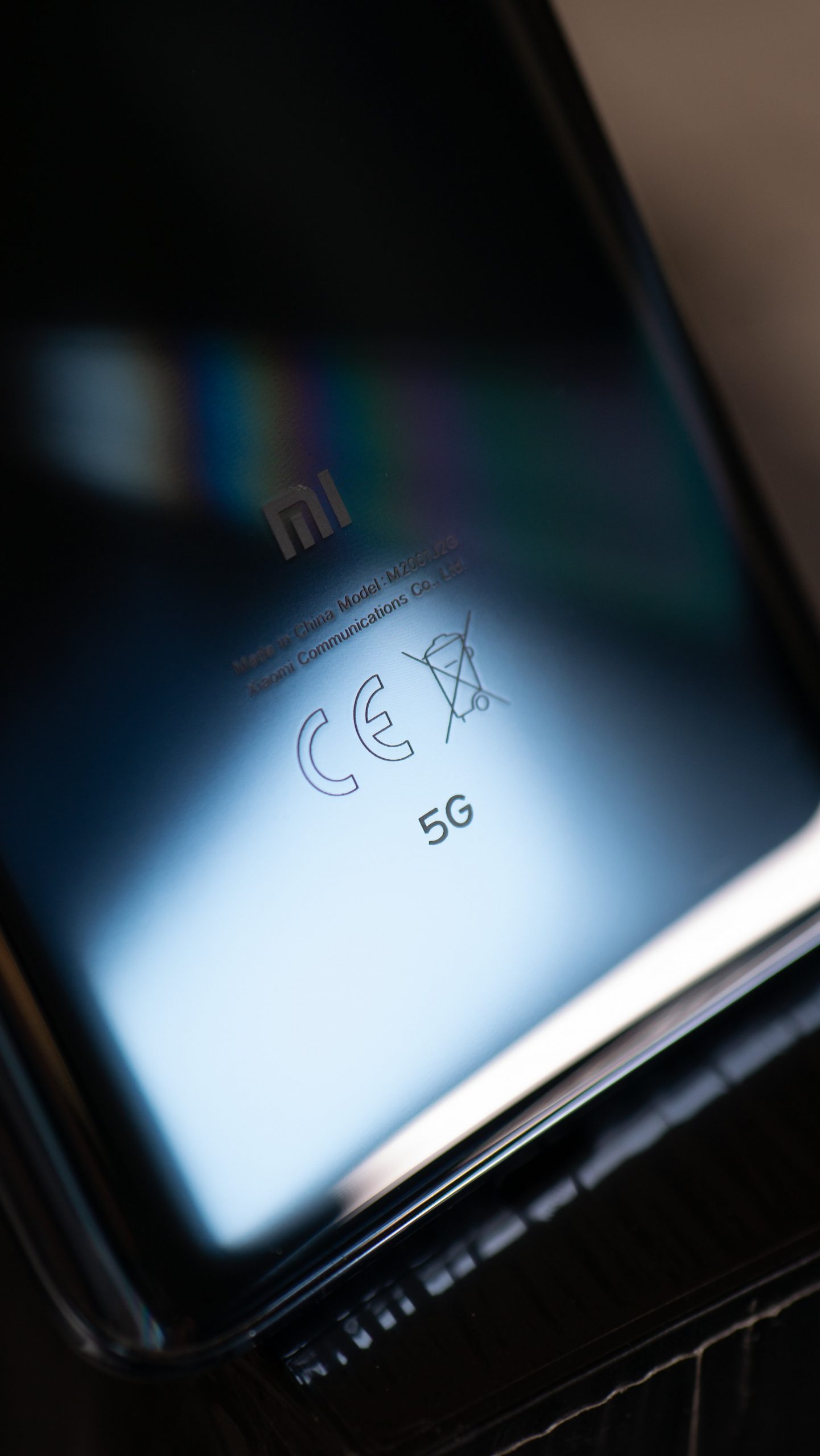Few, if any, technologies in recent memory have received the same publicity as 5G. Plenty of articles say that it’ll disrupt industries, which it will, but it won’t affect them all evenly. Some sectors will see faster, broader and more impactful changes from 5G.

For these sectors, 5G technology will bring sweeping changes and bring them fast. As new cellular infrastructure starts to roll out, some industries will show improvement before the rest. Here are five of them.
1. Manufacturing
The manufacturing industry relies heavily on automation and big data, both of which 5G will improve. With increased bandwidth and reduced latency, factories can bring IoT technology to virtually any machine.
As a result, they would create comprehensive, interconnected networks, increasing the efficiency of automated systems. With 5G enabling more IoT adoption, manufacturers could implement predictive maintenance on a broader scale.
Since equipment failure accounts for 42% of unplanned downtime, this transition will help factories produce more in less time. Those savings would translate into more affordable and widely available products for consumers.
2. Retail
Retail is already in the middle of a considerable shift, and 5G will push it further. More customers are shopping online, and 5G will enable more dynamic and reliable online stores. Retailers will be able to build better websites, and consumers will be able to access them faster.
5G will also improve the in-store experience through technologies like AR mirrors. As speeds increase and latency falls, the lines between online and in-store shopping will blur. Customers could use mobile technologies to see how items will look in their homes or compare prices between stores.
3. Healthcare
The healthcare sector deals with a lot of sensitive information and needs it to be safe and accessible. Cloud storage provides both accessibility and safety, but cloud adoption among healthcare organizations has been slow. The improved speed and reliability of 5G will finally change that.
With 5G, hospitals could store and transfer patient data without fear of disruption or error. They could then treat patients faster and share medical findings more easily. 5G could even enable cutting-edge procedures like remote-controlled surgery, giving patients everywhere access to premiere medical care.
4. Energy
The IoT could bring much-needed changes to energy, but slow, unreliable connections have slowed its adoption. As 5G networks expand, the industry could implement technology like smart transformers at scale. These respond to changes in electrical use in real-time, leading to less waste and more savings.
IoT devices in energy grids could detect and alert utility companies to issues as or even before they arise. Since outages can cost billions of dollars, enabling fast response times like this is crucial. Fewer disruptions and less energy waster would also help consumers lower their carbon footprint.
5. Gaming
The video game industry has become inseparable from the internet, so 5G will bring remarkable improvements. In the early days of 5G, gamers will notice less lag and faster matchmaking in online games. As these networks become standard, the industry will experience more disruptive changes.
Game streaming could take over as the primary way to play as 5G improves latency and speed. The industry could move towards a more on-demand model, making gaming more accessible. Gamers wouldn’t need expensive equipment to play next-gen games at their highest settings.
5G Is Bringing Big Changes for Businesses and Consumers
Not all industries will see changes as substantial as these five, but these aren’t the only sectors 5G will improve. The disruptive potential of 5G networks will revolutionize many sectors for both companies and customers. As technology develops, even more benefits will emerge.
Some of these changes will take place within the next couple of years. Others will take more time and infrastructure before people can take advantage of them. Regardless of the timeframe, though, 5G is almost certain to revolutionize these industries.










